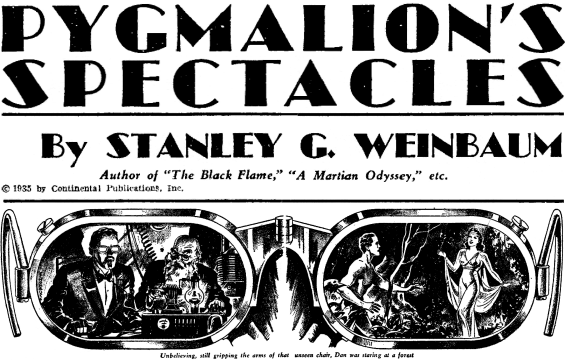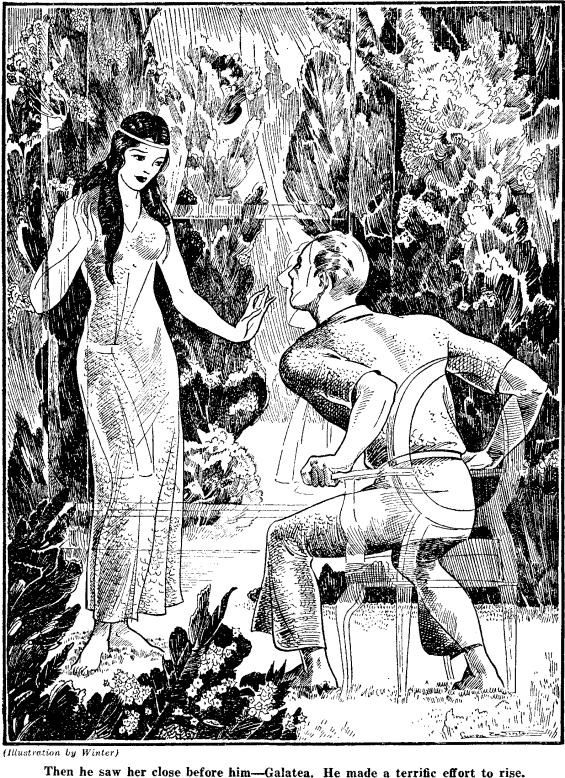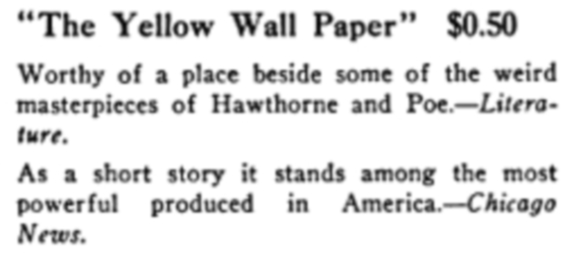
 Beyond This Horizon
Beyond This Horizon
By Robert A. Heinlein; read by Peter Ganim
Publisher: Brilliance Audio
8 hours [UNABRIDGED]
Themes: / utopia / revolution / genetic engineering /
Publisher Summary:
Utopia has been achieved. Disease, hunger, poverty and war are found only in the history tapes, and applied genetics has brought a lifespan of over a century. But Hamilton Felix is bored. And he is the culmination of a star line; each of his last thirty ancestors chosen for superior genes. He is, as far as genetics can produce one, the ultimate man, yet sees no meaning in life. However, his life is about to become less boring. A secret cabal of revolutionaries plan to revolt and seize control. Knowing of Hamilton’s disenchantment with the modern world, they want him to join their Glorious Revolution. Big mistake! The revolutionaries are about to find out that recruiting a superman was definitely not a good idea.
Beyond This Horizon is classic science fiction with social commentary thrown in as you may expect from Heinlein.
Mankind has created a Utopian society where poverty and hunger are studied in school but don’t actually happen anymore. Mankind has also worked toward eliminating weaknesses in the human chromosome via gene selection and intentional breeding. There are still some normal people (referred to as “control naturals”) that could potentially provide new genetic mutations for the good of mankind.
Hamilton Felix genetically represents the best of what humanity has to offer. He gets wrapped up in a group plotting to overthrow the government that thinks only the best of humanity should thrive in society while the control naturals are destroyed or used for experiments. There is little risk or adventure in this society, so a bored Hamilton decided to act as a mole within this organization. It’s not really surprising that this novel came out in the 1950’s when eugenics and superiority of different races was a current topic.
While their society is Utopian and futuristic, they also have notions of honor and violence such that people can get into gun duels when slighted. I found Heinlein’s debate of honor and privilege in this to be interesting in much the same way as his notions of earning rights by military service in Starship Troopers.
I liked the main plot as described but thought it could have happily ended about halfway through. The main plot of the story wraps up and the second half of the book felt like a really long epilogue to me. Heinlein seems to spread himself a bit thin on so many different issues like government influence of the market, government spending, the meaning of life, telepathy, duels for honor, and the afterlife. There were a few long monologues/dialogues going into painful detail of chromosome selection where I had trouble paying attention and following the book.
On the audio book side of things, Peter Ganim does a good job. I thought he had a good conversational tone, did some decent voices (they didn’t differ much though), and was easy to understand. If you’re trying to decide whether reading or listening is preferable, I don’t think there is much benefit either way.
Helpful tip if listening to this book: Hamilton Felix (superman, star line, game making guy) is referred to as “Hamilton” in the first half of the book but people start calling him “Felix” later for some reason. This wouldn’t be confusing except that his friend Monroe-Alpha Clifford (finance, mathematician guy) also goes by “Monroe-Alpha” and “Clifford” at different times. Since Ganim’s voices aren’t very distinct, there were some moments where it took me a little bit to realize which character was talking.
Posted by Tom Schreck.


 Pygmalion’s Spectacles
Pygmalion’s Spectacles























